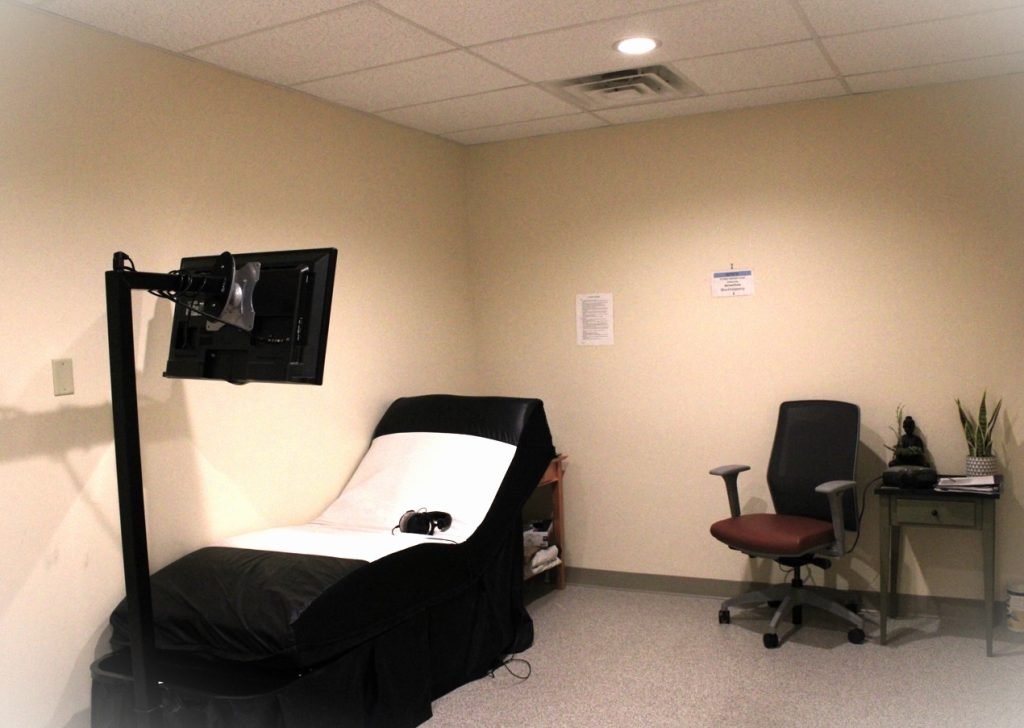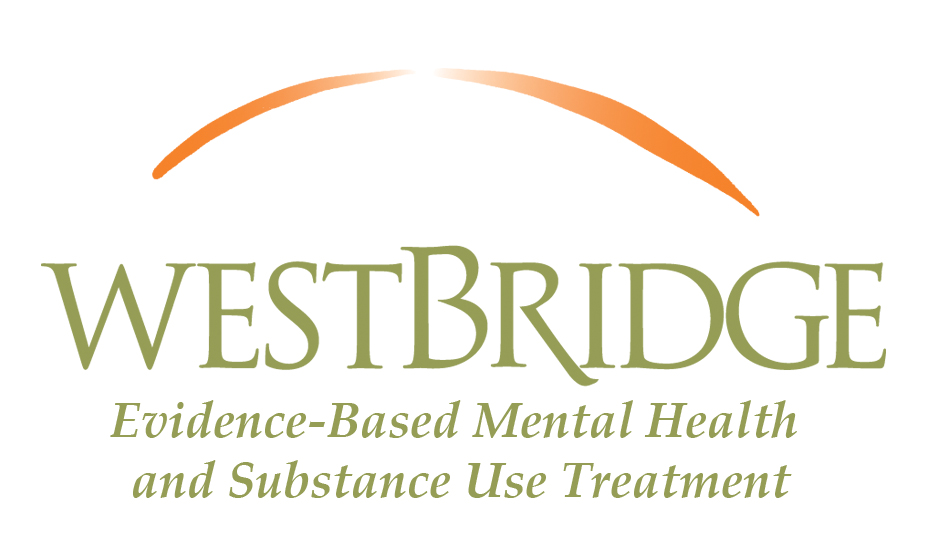 WestBridge is pleased to offer biofeedback therapy to our participants. Biofeedback therapy is a non-invasive treatment that provides significant benefits to those dealing with mental health conditions and addiction. It empowers individuals to enhance their health and performance by mastering control over involuntary bodily processes like heart rate, blood pressure, muscle tension, and skin temperature.
WestBridge is pleased to offer biofeedback therapy to our participants. Biofeedback therapy is a non-invasive treatment that provides significant benefits to those dealing with mental health conditions and addiction. It empowers individuals to enhance their health and performance by mastering control over involuntary bodily processes like heart rate, blood pressure, muscle tension, and skin temperature.
Biofeedback therapy is offered through the use of The Biosound® Healing Therapy System at our Treatment Hub located within our administrative offices, and in our Residential Treatment Program. It allows participants to reach a theta-level meditative state through vibroacoustic meditations and programming.
The programs offered through the Biosound Healing-Therapy Bed at WestBridge include:
● Guided Imagery and Affirmations
● Music and Massage Therapy
● Craving Assistance
● Chakra Alignment
● Solfeggio Meditations: harmonious tone meditation according to the Solfeggio musical scale
● Drum Therapy
● Nature Sounds
A few of the health benefits of biofeedback therapy:
Comprehensive Stress and Anxiety Reduction:
Biofeedback is primarily used for the management of stress and anxiety. It equips individuals to recognize and modulate stress indicators such as increased heart rate, muscle tension, and breathing patterns.
By learning to adjust these responses, participants can develop healthier coping mechanisms, significantly enhancing mental and emotional well-being. Many mental health issues, including anxiety and depression, are exacerbated by stress. Biofeedback helps individuals recognize their body’s stress responses, like rapid heart rate or increased muscle tension and teaches them how to control these reactions better. This improved stress management can cascade positive effects on a person’s overall mental health.
Enhancing Sleep Quality:
Poor sleep is a common symptom of many mental health conditions, as well as a contributing factor in addiction recovery. Biofeedback can assist in recognizing and controlling the physiological factors that interfere with sleep, thereby improving sleep quality, which is crucial for mental health and recovery from addiction. Particularly useful for those with sleep disorders, biofeedback aids in regulating factors like muscle tension that can disrupt sleep, promoting better sleep patterns.
At WestBridge one of our focuses in recovery is on Sleep Hygiene. Upon admission to WestBridge, each participant receives a sleep assessment and a comprehensive sleep hygiene plan that will enable them to access the benefits of treatment better. By assessing sleep patterns and history, daily diet and exercise, caffeine intake, drug and alcohol use, and other related factors, WestBridge helps participants overcome obstacles to sleep and significantly improve their lifestyles.
Mental Health Improvement:
This therapy is instrumental in addressing mental health conditions like depression, anxiety, and PTSD, enabling individuals to manage their physiological responses to stress better. For individuals with attention-deficit disorders or those whose addiction has impacted cognitive functions, biofeedback can enhance focus and concentration. Participants can improve their attention span and mental clarity by training the brain to maintain a calm and steady state.
Biofeedback allows individuals to become more attuned to their physiological signs of emotional distress. By learning how to regulate responses such as breathing and heart rates, people can gain better control over their emotions, which is particularly beneficial for those with mood disorders.
Reduction in Medication Dependence:
For those in recovery from addiction, biofeedback can aid in managing cravings and the stress associated with recovery. By mastering techniques to control the body’s stress response, individuals can better handle triggers that might otherwise lead to relapse. While medication can be an important component of treatment for mental health and addiction, biofeedback offers a complementary approach that can reduce dependence on drugs. It provides natural ways to control symptoms, potentially decreasing the need for medication and any associated side effects.
Managing Symptoms of PTSD:
Biofeedback has been found effective in managing symptoms of Post-Traumatic Stress Disorder (PTSD). Techniques such as Heart Rate Variability (HRV) biofeedback help participants learn to regulate their physiological arousal, which is often heightened in PTSD.
Increased Self-Awareness and Empowerment:
Biofeedback encourages a deeper awareness of the mind-body connection, empowering individuals to participate actively in their health and recovery. One of the most significant benefits of biofeedback for mental health and addiction is the sense of empowerment it provides.
Learning to control one’s physiological responses can increase an understanding of control over one’s health and well-being, which is particularly important in the context of mental health and addiction recovery.
Why We Offer Biofeedback Therapy at WestBridge:
Biofeedback therapy promotes relaxation and mindfulness, improving overall well-being and quality of life, by reducing stress, improving sleep, and enhancing the ability to regulate emotions. This holistic improvement encompasses both one’s physical and psychological health, which are vital for individuals dealing with mental health conditions and recovering from addiction.
As a complementary and alternative medicine approach, biofeedback therapy is a safe, drug-free treatment option that imparts enduring health management skills. For more information about our programs, please visit https://www.westbridge.org/programs/.
